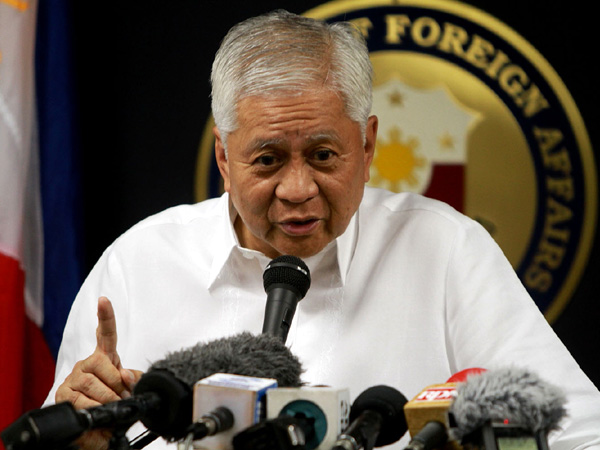PH gets P23-B loan from Japan for LRT, airport
MANILA, Philippines—The Japanese government has provided the Philippines with a fresh P23.19 billion in loans for critical transport infrastructure, including the upgrading of two metro railways and the construction of a higher-capacity airport in Bohol.
Japanese Ambassador Toshinao Urabe and Foreign Secretary Albert del Rosario on Monday signed loan agreements on the P18.56-billion extension of Light Rail Transit (LRT) lines 1 and 2 and the construction of a P4.63-billion airport in Panglao.
The signing formalized an announcement of the loans by Japanese Foreign Minister Fumio Kishida during his visit to Manila in January. The Department of Foreign Affairs (DFA) said the Department of Transportation and Communication will implement the projects.
“As you know, Japanese development aid emphasizes the importance of infrastructure. Better infrastructure creates business opportunities for private investment and more jobs. More income means more consumption and more tax input,” said Urabe on Monday afternoon.
“Improved government finance will lead to more public investment in better welfare programs. In short, economic growth becomes sustainable,” he said at the signing rites at DFA headquarters in Pasay City.
Details of the projects have yet to be released, but the DFA said the Panglao airport project would upgrade the existing Bohol airport to international standards.
Urabe said he himself experienced less than ideal conditions at the Bohol airport during a trip in November, when his flights coming in and out of the province were each delayed an hour. He noted that a delay had a ripple effect on other flights.
Apart from the loans, the Philippine and Japanese sides announced the awarding of a grant in aid totaling P443.33 million for the construction of hydropower projects in Ifugao and Isabela.
The DFA said the two “mini hydropower projects” were part of the Department of Energy’s program “to develop renewable energy resources for energy sustainability, stability and security.”
Urabe said the projects would apply Japanese technology that “use small amounts of water to generate cheap and clean electricity.” The hydropower system will also have minimal negative effect on agriculture, he said.
Japan is the Philippines’ largest donor of loans and grants with $593.3 million (P24 billion) in aid disbursements in 2011, according to the Organization for Economic Cooperation and Development. This accounts for 40 percent of the total official development aid disbursements that year, ahead of aid from the United States at $541.3 million (P22 billion).

